Many transactions or payments made between two taxpayers involve the deduction of tax deducted at source TDS at the prescribed rate under different sections. Each relevant section involving TDS rates also prescribes the threshold limit and conditions. The most crucial condition prescribed by the Income Tax Act, 1961 is to quote PAN to the payer. This is because in the absence of a PAN the payer will deduct a tax at a higher rate. Moreover, this means that the TDS deduction will not be reflected in the name of the payee and his/ her Form 26AS. Simply by not quoting the PAN, the payee creates an inconvenience for the payer, payee, and the Income Tax Department. This is why the Section 206AA of Income Tax Act, 1961 provides for strict provisions ensuring that PAN is quoted by the payee to the payer of the income.
What is Section 206AA of Income Tax Act?
Any taxpayer who is entitled to receive any sum that is eligible for TDS must quote his/ her PAN to the taxpayer responsible for paying such sum of income. Any failure in quoting their PAN will result in TDS deduction at a higher rate. Section 206AA is applicable to resident taxpayers as well as non-resident taxpayers.
Rate of TDS Under Section 206AA
If the payee fails to quote the PAN to the payer then the payer will deduct TDS at the following rates:
- at the rate specified in the relevant provision of this Act; or
- at the rate of 20%
Higher of the above
Example-Miss Puja is responsible to pay Rs 1,00,000 as professional fees under section 194J to Miss Sonia. Miss Sonia (payee) fails to quote her PAN to Miss Puja (payer). Section 206AA is applicable. Section 194J provides for a TDS deduction of 10%. However, since section 206AA is applicable the TDS rate will be 20%. Miss Puja will deduct Rs 20,000 as TDS.
Exception of Rate of TDS
If the payer is paying any sum that is covered under section 194O and/or 194Q then the rates are different. Section 194O provides for deduction of TDS against payments made to an E-commerce participant. Section 194Q provides for deduction of tax at source on payment of a certain sum for the purchase of goods. Hence, the following rate will be applicable:
- at the rate specified in the relevant provision of this Act; or
- at the rate of 5%
Higher of the above
Non-Applicability of Section 206AA
Section 206AA of the Income Tax Act, 1961 is not applicable to two types of transactions. To begin with, it is not applicable on payment of interest income on long-term bonds covered under section 194LC to a non-resident taxpayer.
Furthermore, it is not applicable to any payment in the nature of interest, royalties, fees for technical services, and payments on the transfer of any capital asset. Such payment is made to a non-corporate non-resident, or to a foreign company not having PAN. However, the payee taxpayer must furnish the following information to the payer. These conditions are furnished under Rule 37BC inserted vide Notification No. 53/2016.
- The payee must provide the name, contact number, and email address to the payer.
- Complete address of the country or territory of which he/ she is resident.
- If the law of the country or territory provides for a residential certificate then the payee must furnish such a residential certificate to prove his/ her residential status.
- The tax identification number of the payee as provided by the country or territory of his/ her residence. If the tax identification number is not available then the payee must provide the identification details which is prevalent as a tax identification in the country or territory of his/ her residence.
Applicability of Lower Tax Deduction With Section 206AA
Section 197 provides for a lower or nil deduction of TDS. A taxpayer can obtain an application under section 197 for a lower or nil deduction of TDS. The assessing officer issues a certificate for deduction of TDS at specified rates for a specified period. Section 206AA provides that the certificate under section 197 is not valid if the taxpayer does not mention the PAN at the time of making the application. If the certificate becomes invalid due to incorrect PAN or validity then the section 206AA and normal TDS rates will be applicable. No benefit of lower or nil deduction of TDS is available in such a case.
Things To Remember
- Form 15G and Form 15H are not valid until and unless the taxpayer furnishes their PAN. Section 206AA is applicable in the absence of a PAN or an incorrect PAN.
- If the taxpayer provides an incorrect PAN then it will be deemed that the taxpayer has not furnished their PAN. The provisions of section 206AA will be applicable in such a case.
- The payer and the payee must mention their PAN mandatorily and correctly. They must quote in all correspondence, bills, vouchers and other documents exchanged between them.
Frequently Asked Questions
No, cess is not applicable on section 206AA. This is because cess is not applicable on tax deducted at source. TDS is deducted at a base rate. Hence, neither cess nor surcharge is applicable.
No, section 206AA does not override DTAA covered under section 92 of the Income Tax Act, 1961.











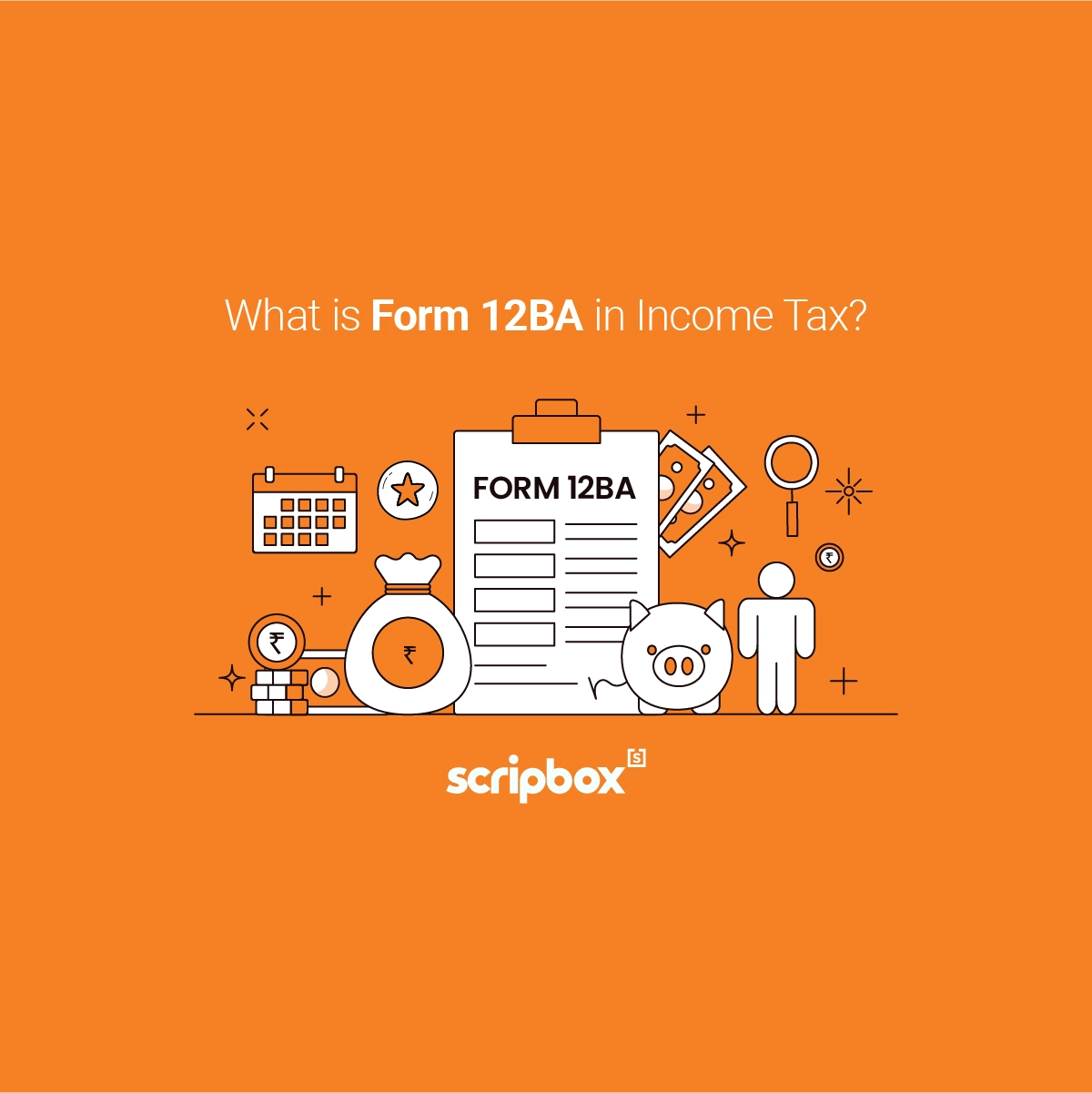
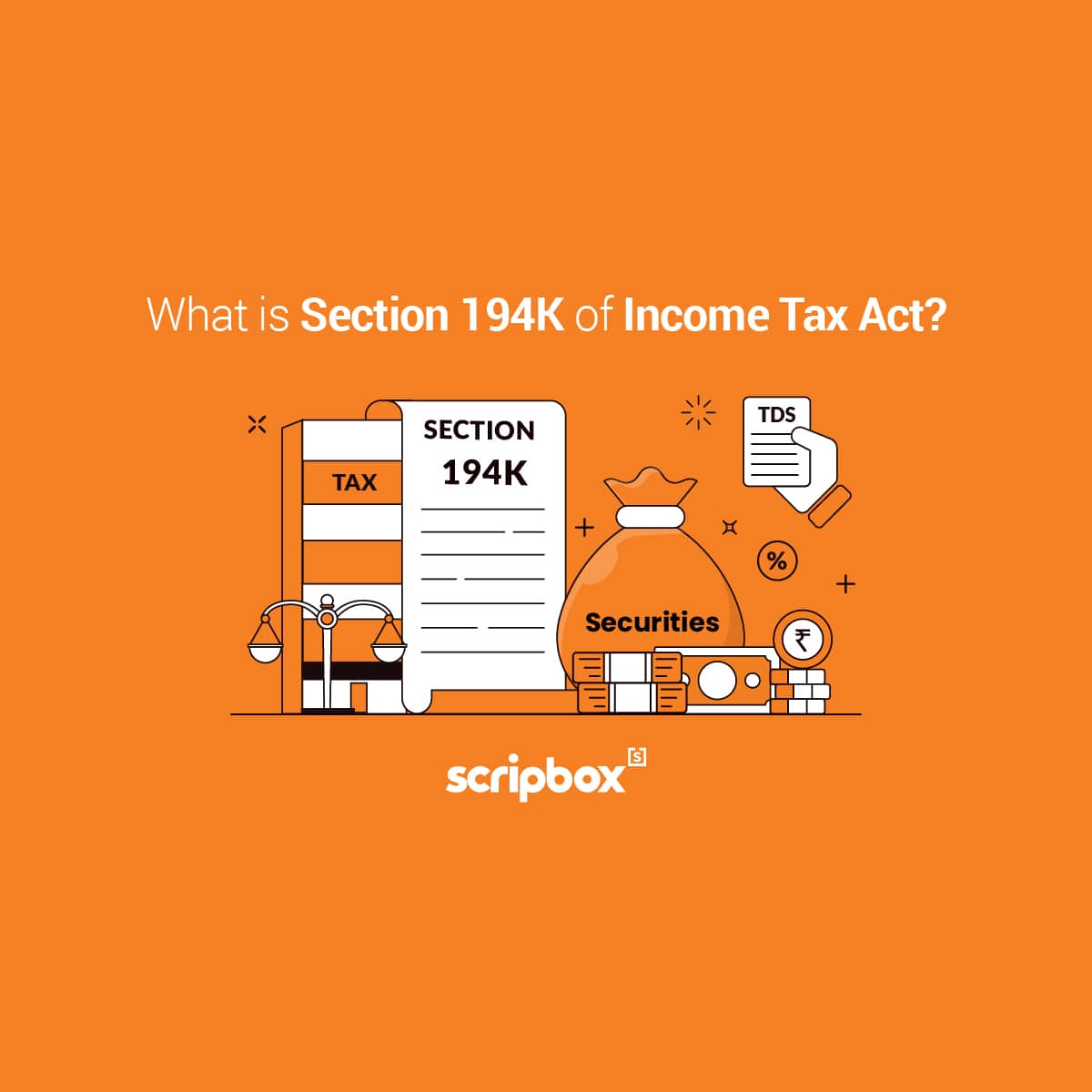
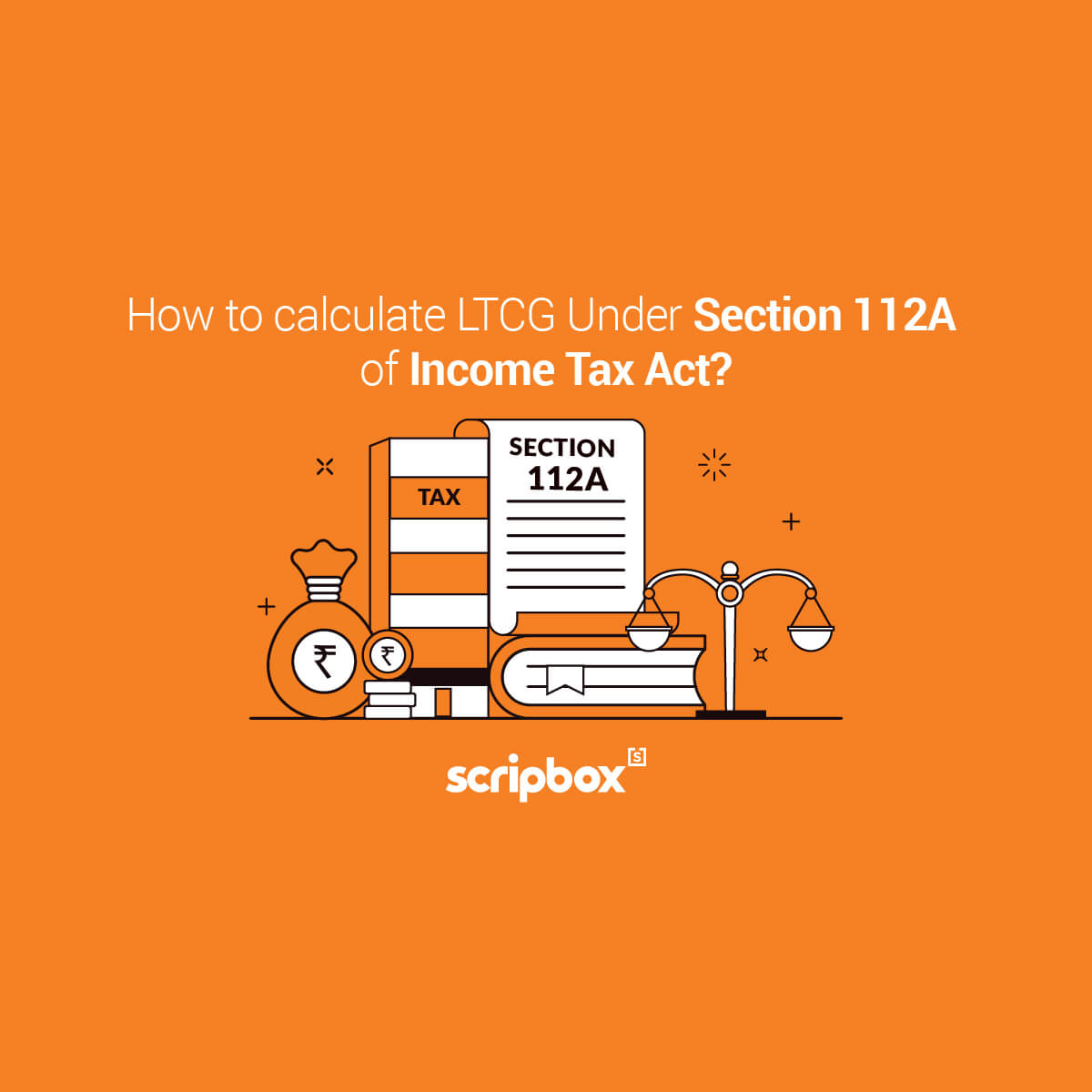
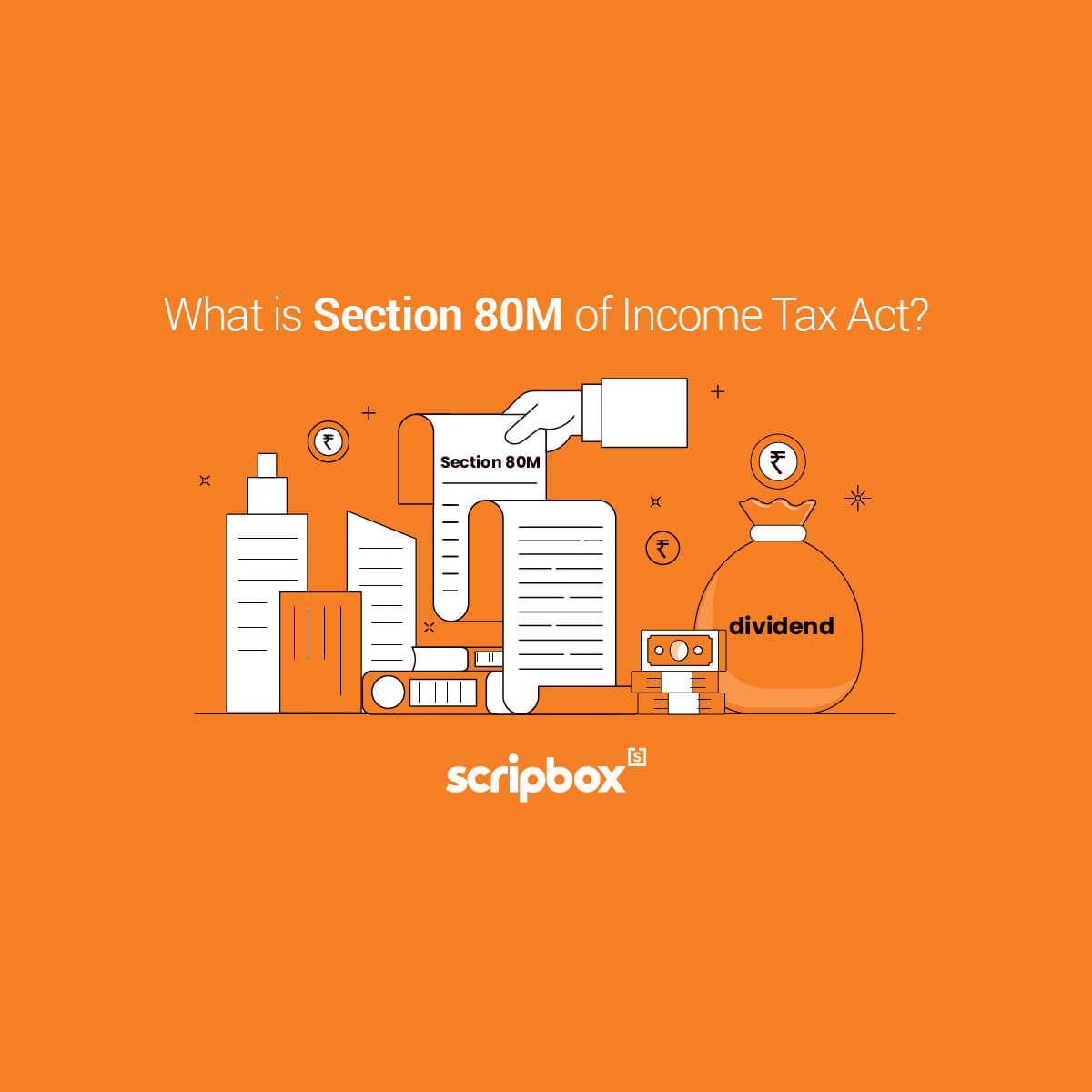
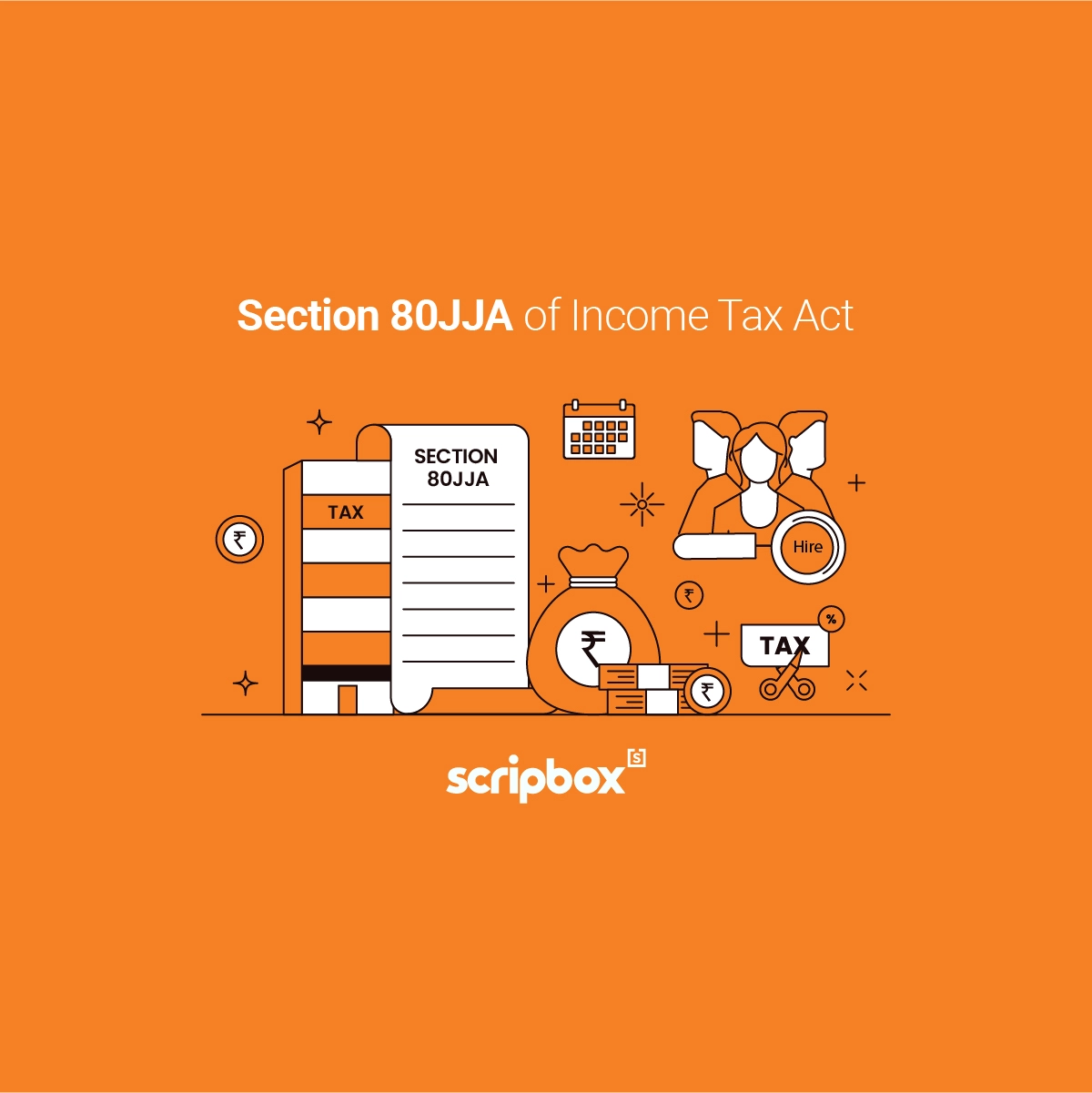
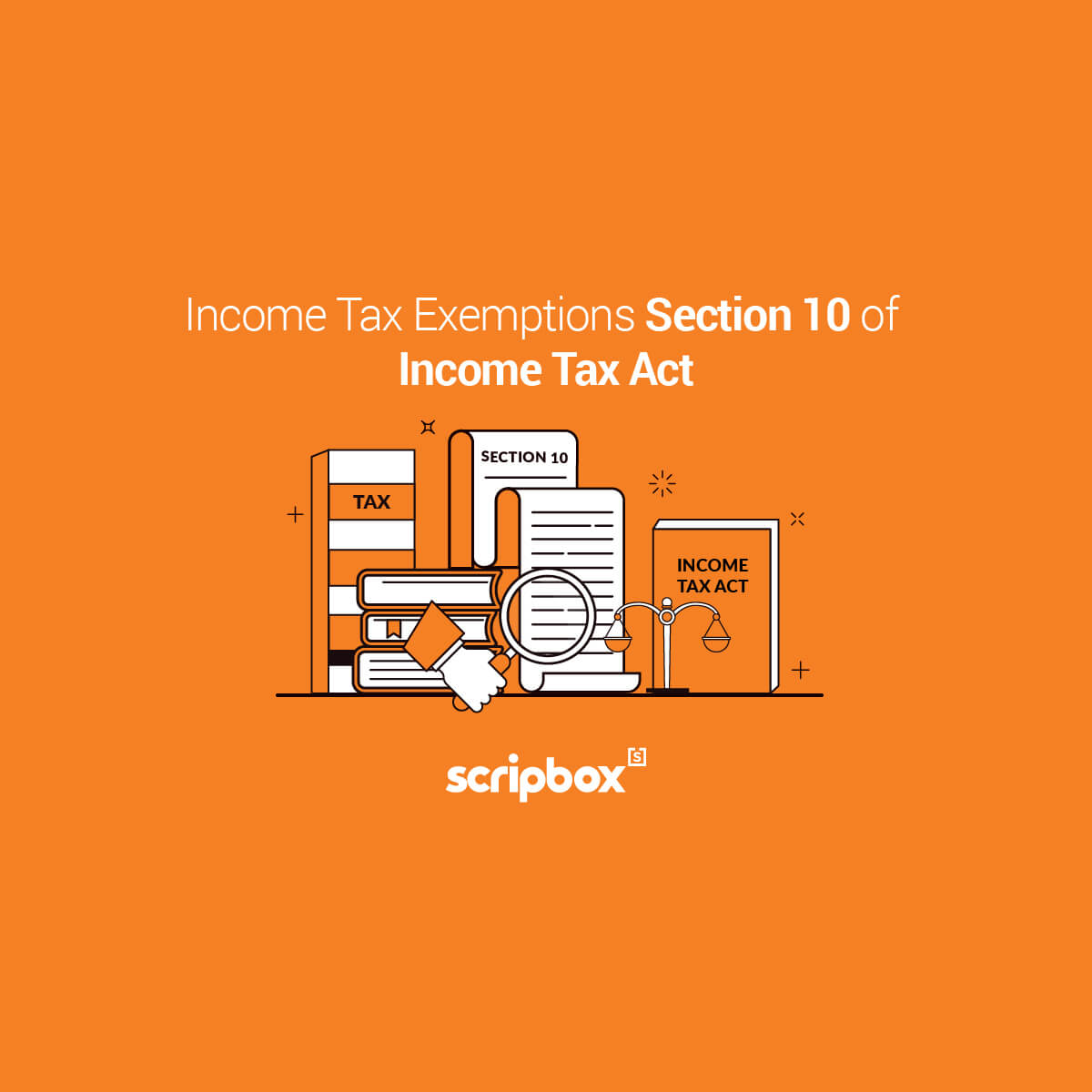






Show comments